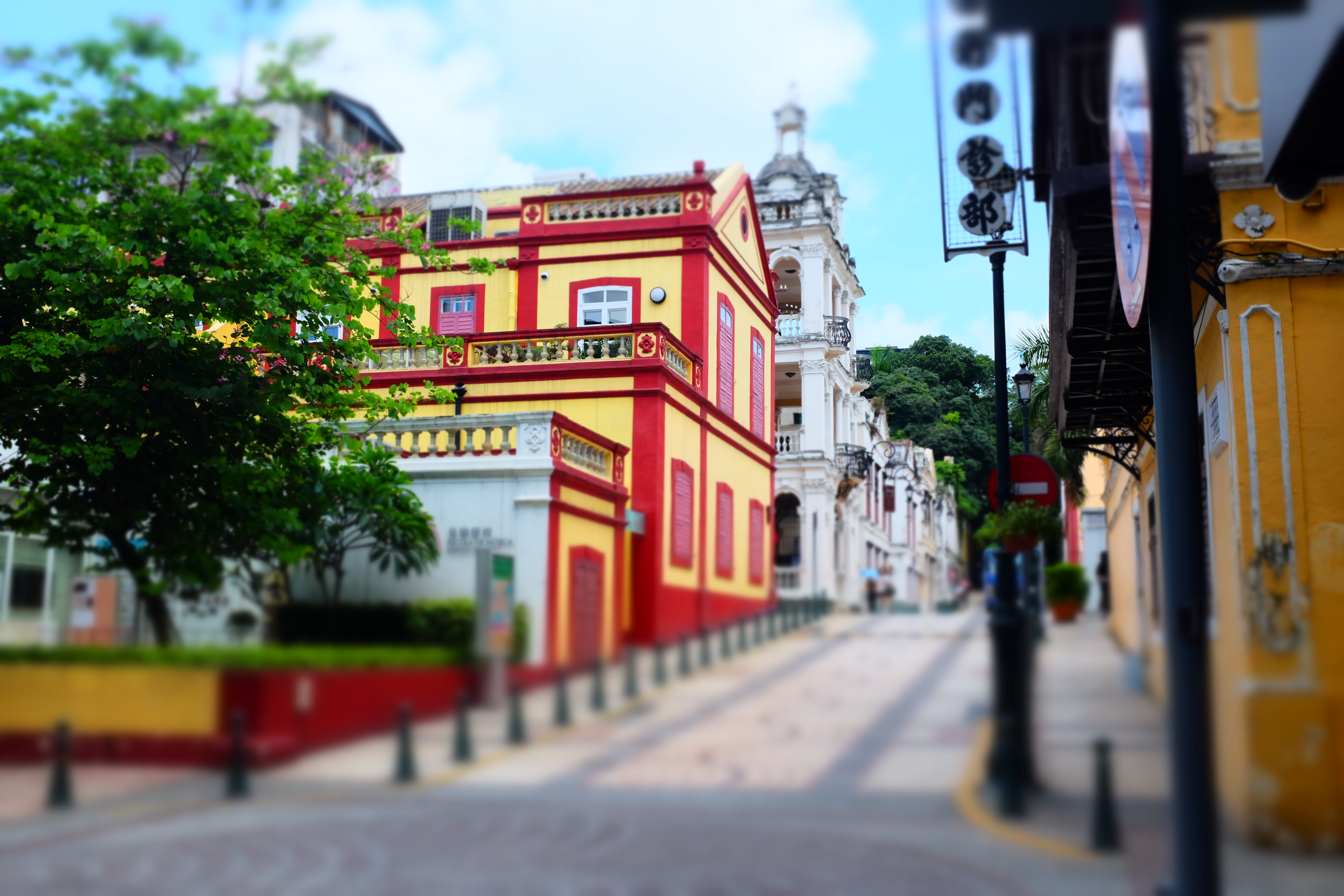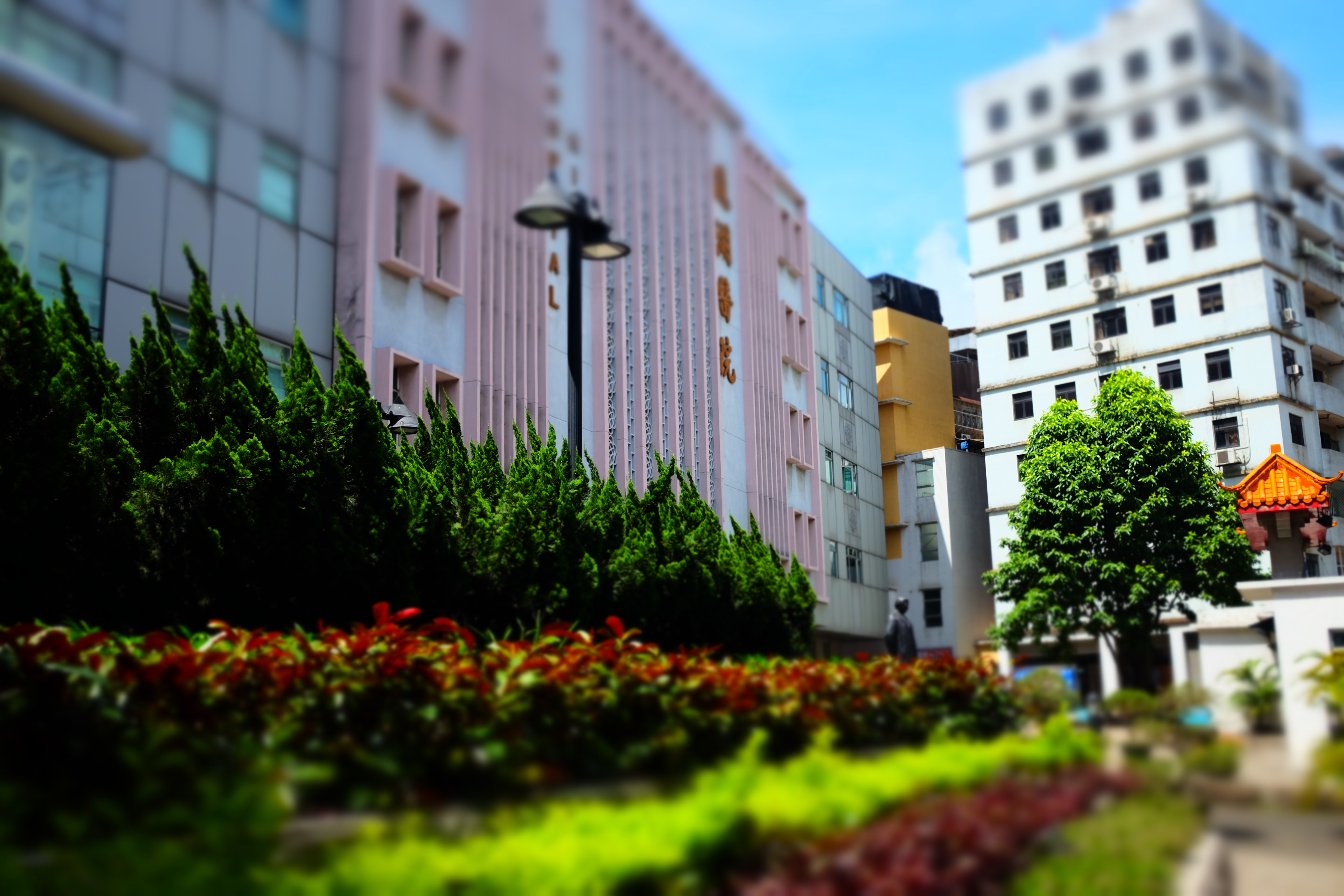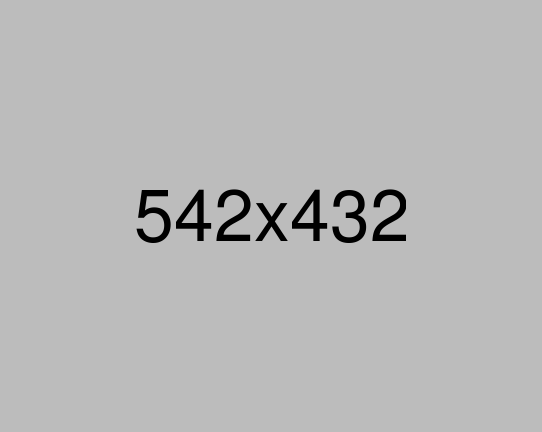President’s Letter
Macau, a small city in southern China, hits the record high of 31 million tourists in 2016. Macau as one of two former colonies in China has more than 400 year’s history, starting from the administration by the Portuguese Empire from the mid-16th century. Splendid cultural heritage are the fusion combining Chinese and western history. Nowadays, Macau is an international city connecting China and the west.
Majority of tourists come to Macau for leisures. As the one of world’s top gambling city, Macau is well-known for its casinos and luxury hotels. Around one third of Macau citizens work in the casino or related business. However, casinos only represent part of Macau’s loveliness. “Unbeatable” a movie directed by Mr. Dante Lam, showed how a past boxing champion but now an ordinary taxi driver Nick pursued his dream in Macau. Nick also represents many ordinary but passionate people living in Macau.


Among the tourists, none of them came for medical care before. They came only for emergency, for example, heart attack while site-seeing. The Centro Hospitalar Conde de São Januário (CHCSJ) and Kiang Wu Hospital (KWH) are the only two hospitals in Macau. They merely provide primary care for citizens. No medical school in city and all physicians are coming from Portugal and China.
Macau has a population of 0.6 million. Cancer incidence is comparable to that in mainland China and Hong Kong. Lung cancer is the most common and the leading cause of death among all cancer types. Macau citizens used to receive chemotherapy in CHCSJ and radiation therapy in KWH. Governmental medical plan covers the entire medical expenses for cancer patients.
The department of radiation therapy of KWH has provided treatment to cancer patients since 2000. Ten years later, the government decided to set chemotherapy service in KWH. The government officials visited my supervisor Dr. Lin, hoping to invite medical oncologist form Sun Yet-sen University to come and work in KWH. That’s the reason why I came to work in this hospital. At the very beginning, I only provided adjuvant chemotherapy for patients referred by surgeons. Later on, I began to treat patient with target therapy.
Hong Kong is well-known for its success in economy development. Additionally, Hong Kong healthcare system is convenient to get latest treatments because they have a much faster and systematic new drug evaluation system than mainland China. Many patients from mainland China get new drugs from Hong Kong. I realized Macau has a similar new drug registration process comparing to the one in Hong Kong, which means these new drugs can be available in my hospital very soon.
It’s proved to be the case. I have more and more patients visiting from mainland China. I became very busy because there were many enquiries on cancer treatment both from local and mainland China every day. It’s just the start. I’m not satisfied with the increasing patient number. I want to turn this opportunity into clinical research in return to benefit cancer patients. That’s why I had the first SCI paper about the efficacy of Crizotinib in real life setting in Macau.
I know basic scientific research is very important for clinical practice. I visited the University of Macau (UM) and the Macau University of Science and Technology (MUST) for more collaboration. In 2016, I won a joint grant with my supervisor from FDCT and NSF about the study of immun-oncology. These researches make my daily work more meaningful.

I realise there are many outstanding scientists, physician, and researchers among Macau, Hong Kong, and mainland China. It’s worth to get these healthcare professionals together and create synergistic effects to accelerate the clinical development of cancer treatment. That’s why a research-based medical society is established. It is called Macau Society of Clinical Oncology (MSCO).
MSCO aims to promote scientific research and clinical study in southern China, similar to the missions of ASCO and CSCO. We start from small group but we believe we will have a brighter future ahead.
Yabing Cao, M.D.; PhD.
President, Macau Society of Clinical Oncology


